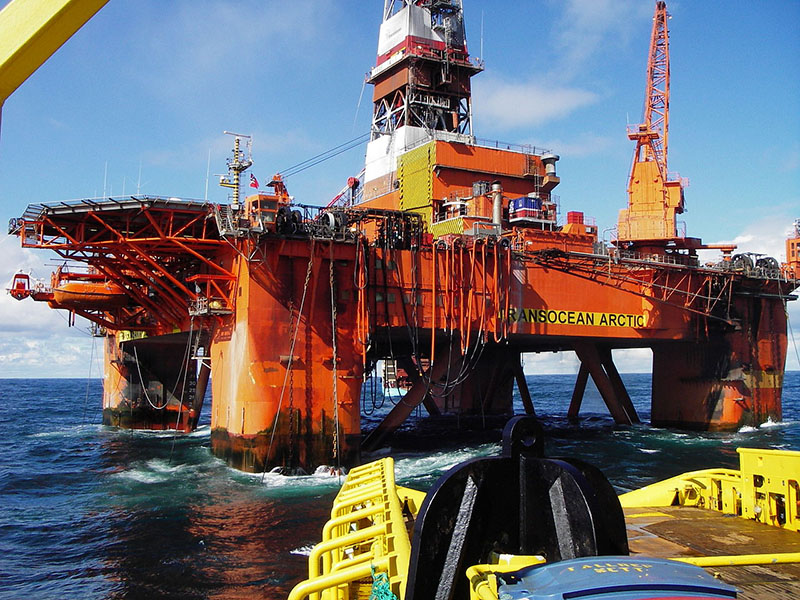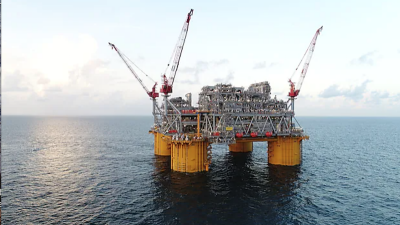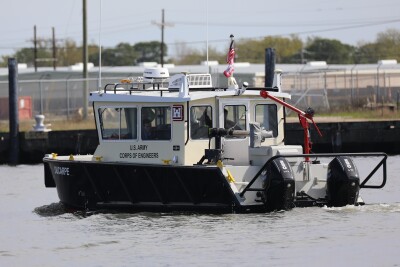(Bloomberg) — Transocean Ltd. followed up a surprisingly profitable three months by revealing there’s more costs to cut as the world’s largest owner of offshore rigs gets smarter at parking equipment that explorers don’t want.
This year’s operating and maintenance costs are expected to fall to $2 billion, a 9% reduction from the company’s previous forecast, Chief Financial Officer Mark Mey told analysts and investors Thursday on a conference call. Shares of the company based in Vernier, Switzerland, rose 5.3% to $11 at 10:19 a.m. in New York after earlier climbing as much as 8.5%.
About half of Transocean’s cost savings has come from learning how to cut crews faster and quickly get out-of-work rigs into long-term parking, Mey said. "I think we have a little more room to improve over time."
Transocean reported earnings of 17 cents a share, excluding certain items, according to a statement Wednesday. That was better than the average 2-cent loss estimated by 33 analysts surveyed by Bloomberg. Chief Executive Officer Jeremy Thigpen eliminated $1 out of every $4 in operating and maintenance costs during the quarter, as compared with the first three months of the year.
"The operating and maintenance expense was quite a bit below what we were expecting," Rob Desai, an analyst at Edward Jones in St. Louis who rates the shares a sell and owns none, said in a phone interview. "I think that’s really all that’s responsible for the beat."
Offshore rig contractors have been among the hardest hit in the industry, with customers slashing spending while new drilling vessels continue to enter an oversupplied market. The company has now scrapped 26 rigs since the downturn began, while bringing 16 ultra-deepwater vessels into its fleet since 2008, Thigpen said on the call.
Transocean announced on Monday it agreed to buy out the public stakes in Transocean Partners LLC for $249 million in an effort to cut costs and boost liquidity.
Transocean “continued to improve our cost structure through the streamlining of both our organization and our processes,” Thigpen said in the statement. “Though we continue to face market headwinds, the combination of our industry-leading backlog, exceptional operating performance, and solid financial position ensures that we will maintain our position as the industry’s leading deepwater driller.”
Shrinking Profit
Transocean’s net income shrank to $77 million, or 21 cents a share, from $342 million, or 93 cents, a year earlier, according to the statement.
Brent crude, the global benchmark, is still down by more than half since the downturn began in the middle of 2014. Roughly around the same time that oil prices began falling, Transocean announced plans to create Transocean Partners, selling stakes in three deepwater rigs to the tax-free partnership.
“Transocean Partners was formed so that Transocean would be able to monetize drilling contracts by selling the ownership interests,” Andrew Cosgrove, an analyst at Bloomberg Intelligence, said in an interview. “Under the current conditions, it’s not economic to use Transocean Partners for the reason it was created.”
The earnings were released after the close of regular trading in New York.
Bloomberg News by David Wethe





